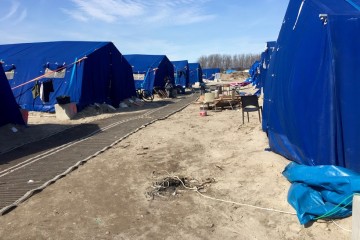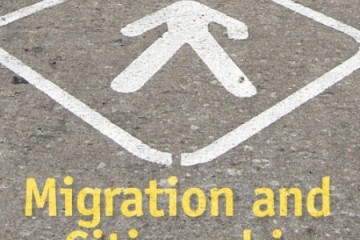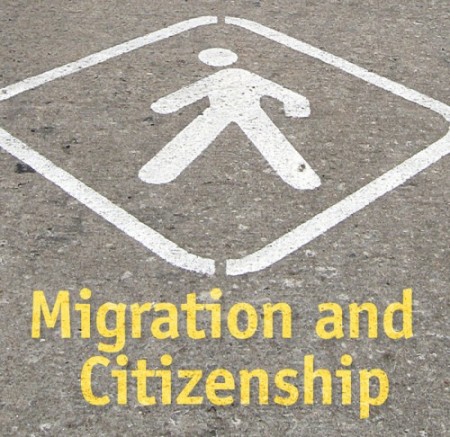Migration is a difficult concept, especially within a political climate dominated by questions over immigration and movement within the European Union. Yet despite its contested meaning, the impacts of migration are keenly felt — or so we are often led to believe — especially among voter groups dissatisfied with a stuttering economic recovery. The conference speeches and by-elections indicate that debates over migration will only become more heated in the run up to the General Election and with the implementation of further restrictions on migrants’ rights to citizenship and services.
But around these debates, little is said about who is ‘the migrant’ and who is ‘a citizen’. For example, not all ‘migrants’ are subject to immigration controls, such as EU nationals, those with indefinite leave to remain and nationals returning from abroad. Indeed, policies directed at ‘migrants’ can have very real consequences for those with the formal status of citizenship.
To widen the conversation, this blog series, hosted by the Oxford University Politics Blog and Oxford COMPAS, explores the relationship between migration, the ‘migrant’ and ‘citizenship’. It hopes to help us reflect on who counts as a migrant and will consider the impacts of immigration controls and associated policies on the meaning of citizenship.

To be alive is to have hope

Politics of restriction in the Euro-Mediterranean area: Lampedusa and beyond.

Valorised and Vilified: What Do ‘Citizens’ Do? Initial Linguistic Reflections

Citizen enforcers? Implementing immigration controls through devolution and allegation

Citizenship and identity: The new Britons in an age of resurgent Englishness

Tilling the fields where forced labour grows


